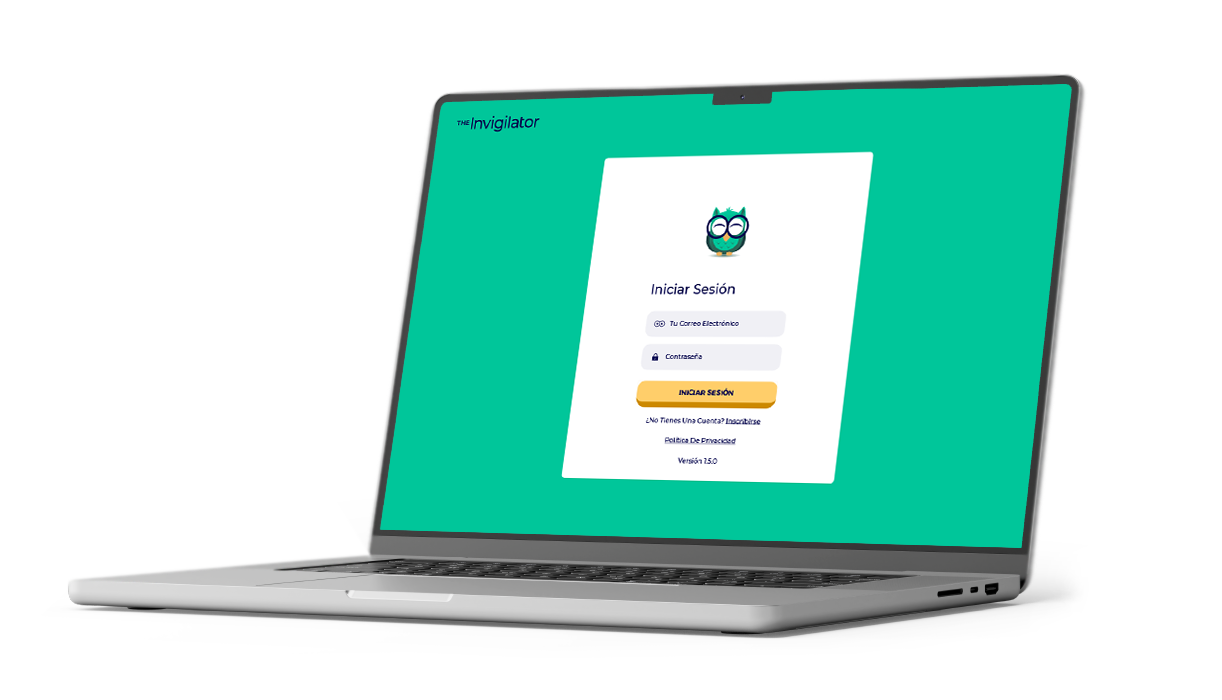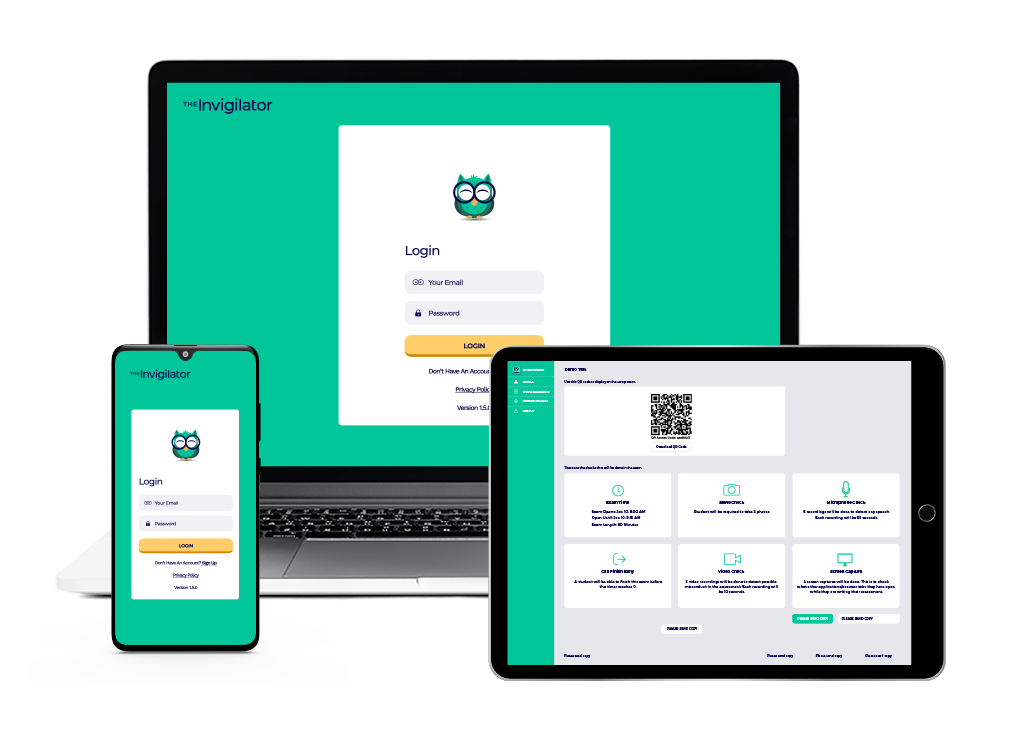Why Digital Transformation is Critical in Education Today
The world is rapidly changing, and with it, so is the landscape of education. In today’s digital age, traditional teaching methods are no longer sufficient to meet the needs of modern learners. The rise of technology has introduced new tools and platforms that have transformed how education is delivered and consumed. Digital transformation is no longer a future goal—it’s a necessity for institutions looking to provide high-quality, flexible, and accessible education to students worldwide.
In this article, we’ll explore why digital transformation is critical for modern education, how online learning is reshaping the educational experience, and the role of education innovation in driving this shift.
1. What is Digital Transformation in Education?
Digital transformation in education refers to the integration of digital technologies into every aspect of the educational process. From how teachers deliver lessons to how students engage with learning materials, technology is playing an increasingly central role in shaping modern education. This transformation is not just about adopting new tools but also rethinking how education can be more efficient, accessible, and student-centric.
Key Aspects of Digital Transformation in Education:
- Online Learning Platforms: Virtual classrooms, learning management systems, and digital resources that enable students to learn from anywhere.
- AI and Data Analytics: AI-powered tools that personalise learning experiences and provide insights into student performance.
- Collaboration Tools: Platforms that allow students and educators to collaborate in real-time, breaking down geographical barriers.
- Automation: Streamlining administrative tasks like grading, scheduling, and communication through digital tools.
2. The Rise of Online Learning
One of the most significant developments in the digital transformation of education has been the rise of online learning. No longer confined to physical classrooms, students today have access to a wide range of online resources and platforms that make learning more flexible and personalised.
Why Online Learning is Transformative:
- Flexibility: Online learning allows students to study at their own pace, balancing education with other responsibilities such as work or family.
- Accessibility: Online platforms remove geographical barriers, enabling learners from different parts of the world to access the same quality education.
- Cost-Effective: Online courses often reduce costs associated with traditional education, such as commuting, housing, and printed materials.
- Diverse Learning Formats: From video lectures to interactive quizzes, online learning platforms offer a variety of formats that cater to different learning styles.
3. The Impact of Digital Transformation on Teaching and Learning
Digital transformation is not just about delivering content online; it’s about creating new ways of teaching and learning that make the process more engaging, interactive, and tailored to the needs of individual students. Educators are now leveraging technology to enhance their teaching methods and provide a richer learning experience.
Personalised Learning with AI: AI is revolutionising education by enabling personalised learning experiences. AI-driven platforms analyse data on student performance, identify areas where learners may need additional support, and provide tailored content to help them improve. This level of personalisation was not possible in traditional education models, where teachers had to apply a one-size-fits-all approach.
Interactive and Engaging Content: Technology allows educators to create more engaging content, such as virtual simulations, gamified lessons, and augmented reality (AR) experiences. These tools make learning more immersive and hands-on, helping students better understand complex concepts.
Blended Learning Models: Many institutions are adopting blended learning models, which combine online and in-person education. This approach offers the best of both worlds, allowing students to benefit from the flexibility of online learning while still participating in face-to-face interactions with teachers and peers.
4. The Role of Education Innovation in Digital Transformation
Education innovation is at the heart of digital transformation. Institutions must be willing to rethink traditional models of education and embrace new approaches to teaching and learning. Here are some key innovations that are driving digital transformation in education:
1. Adaptive Learning Technologies: Adaptive learning technologies use algorithms to adjust the difficulty level of lessons based on a student’s progress. This ensures that each learner receives a customised education experience, making it easier to identify and address their strengths and weaknesses.
2. Gamification: Gamification involves incorporating game elements, such as points, badges, and leaderboards, into the learning process. This strategy is highly effective in increasing student engagement and motivation, particularly among younger learners.
3. Virtual and Augmented Reality: Virtual and augmented reality (VR/AR) are transforming the way students learn by providing immersive experiences. For example, medical students can perform virtual surgeries, and history students can take virtual tours of ancient civilisations, enhancing their understanding through hands-on experiences.
4. Collaboration Tools: Platforms like Google Classroom and Microsoft Teams enable real-time collaboration between students and educators. These tools foster communication, idea-sharing, and teamwork, which are essential skills for the modern workforce.
5. The Benefits of Digital Transformation for Students and Educators
The digital transformation of education offers numerous benefits for both students and educators. By integrating technology into the learning process, institutions can create a more dynamic and effective educational environment.
Benefits for Students:
- Customised Learning Paths: Digital tools allow students to learn at their own pace and focus on areas where they need the most improvement.
- Increased Engagement: Interactive content and gamified lessons help students stay engaged and motivated.
- Global Collaboration: Online platforms enable students to collaborate with peers from around the world, providing them with diverse perspectives and experiences.
Benefits for Educators:
- Data-Driven Insights: Educators can use data analytics to track student progress and identify areas where they may need additional support.
- Enhanced Efficiency: Automation tools streamline administrative tasks, allowing educators to focus more on teaching and student interaction.
- Professional Development: Digital tools provide educators with access to professional development resources, helping them stay up to date with the latest teaching strategies and technologies.
6. Challenges of Digital Transformation in Education
While digital transformation offers numerous benefits, it also presents challenges that must be addressed to ensure its success.
1. Digital Divide: Not all students have equal access to technology. The digital divide is a significant challenge in education, particularly for students from underserved communities. Institutions must work to bridge this gap by providing resources and support for students who lack access to devices or reliable internet.
2. Data Privacy and Security: As more student data is collected through online platforms, institutions must prioritise data privacy and security. Ensuring that student information is protected from breaches is critical to maintaining trust in digital education systems.
3. Teacher Training and Support: Many educators may not have the skills or experience needed to effectively use digital tools in their teaching. Institutions must invest in training and professional development to ensure that teachers are equipped to navigate the digital landscape.
4. Resistance to Change: Some educators and institutions may resist digital transformation due to concerns about its effectiveness or reluctance to adopt new methods. Overcoming this resistance requires demonstrating the tangible benefits of technology in education and providing ongoing support.
7. The Future of Digital Transformation in Education
As digital transformation continues to evolve, the future of education looks promising. Here are some trends and predictions for how technology will shape the future of education:
AI-Driven Personalisation: AI will continue to play a central role in personalising education, providing tailored learning experiences for students based on their unique needs and abilities.
Blockchain for Credentials: Blockchain technology may be used to create secure and verifiable digital credentials, making it easier for students to share their academic achievements with employers and institutions.
Lifelong Learning: The digital transformation of education will support the growing trend of lifelong learning, as individuals continue to develop their skills throughout their careers.
Global Education Networks: Online learning platforms will continue to connect students and educators from around the world, creating global education networks that foster collaboration and knowledge-sharing.
Conclusion
Digital transformation is critical for modern education. It offers opportunities to enhance learning, increase accessibility, and create more personalised and engaging educational experiences for students. By embracing online learning and education innovation, institutions can better prepare students for the challenges of the future.
As the digital landscape continues to evolve, educational institutions must stay at the forefront of innovation to provide high-quality education that meets the needs of today’s learners. The Invigilator App is committed to supporting institutions on this journey by offering secure, AI-driven proctoring solutions that ensure academic integrity in online assessments.
Ready to embrace digital transformation in education? The Invigilator App offers cutting-edge proctoring solutions that ensure the security and integrity of your online assessments. Contact us today to learn more!
FAQs and Answers
- What is digital transformation in education?
Digital transformation in education involves integrating technology into all aspects of teaching and learning to improve accessibility, efficiency, and personalisation. - Why is digital transformation important in modern education?
It ensures that institutions meet the evolving needs of learners by offering flexible, high-quality, and accessible educational experiences. - How does online learning support digital transformation?
Online learning offers flexibility, cost-effectiveness, and accessibility, enabling students to learn from anywhere and at their own pace. - What are some key technologies driving education innovation?
AI, adaptive learning platforms, gamification, VR/AR, and collaboration tools are transforming how educators teach and how students learn. - How does digital transformation benefit students?
Students gain access to personalised learning, increased engagement through interactive content, and opportunities for global collaboration. - What are the challenges of digital transformation in education?
Challenges include the digital divide, data privacy concerns, lack of teacher training, and institutional resistance to adopting new technologies. - How does digital transformation support lifelong learning?
It provides continuous access to learning tools and online resources, enabling individuals to upskill throughout their careers. - What role does The Invigilator App play in digital transformation?
The Invigilator App supports digital transformation by offering secure, AI-powered proctoring tools that maintain exam integrity in online assessments.









